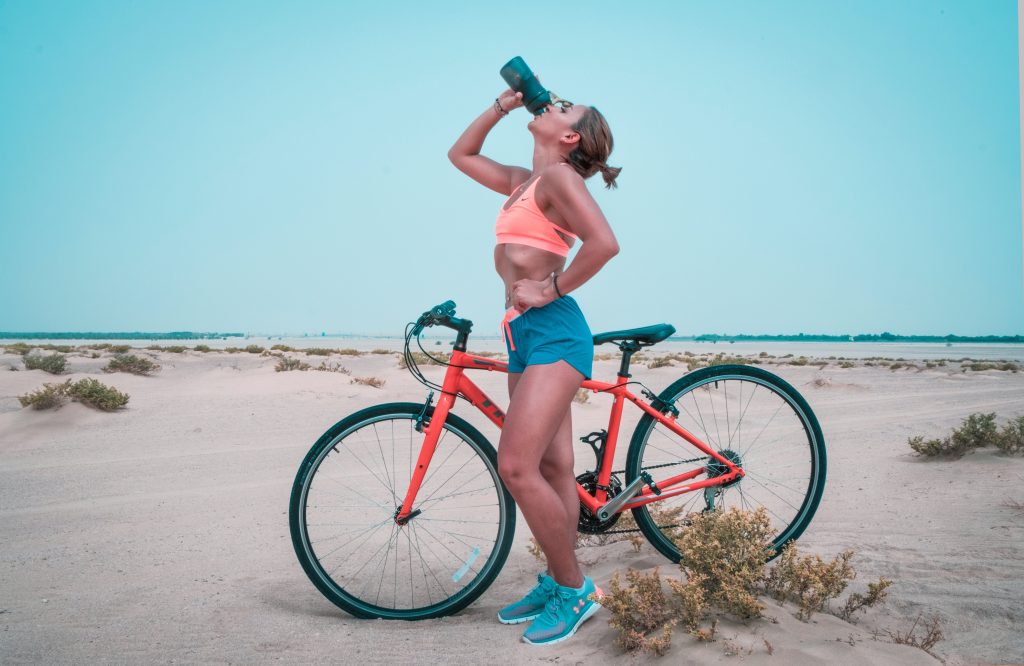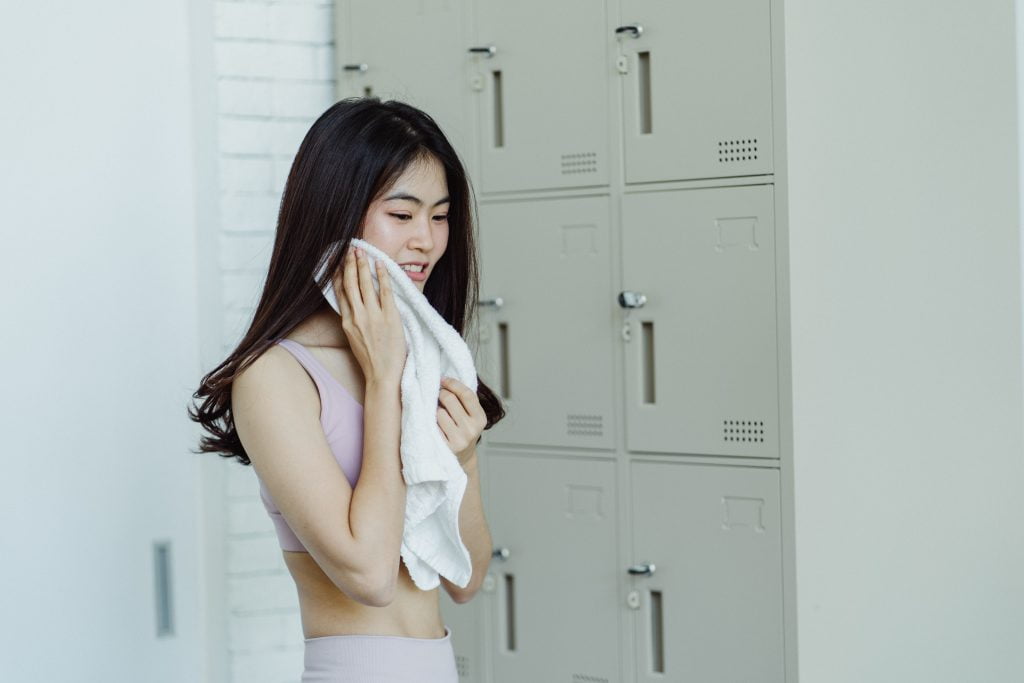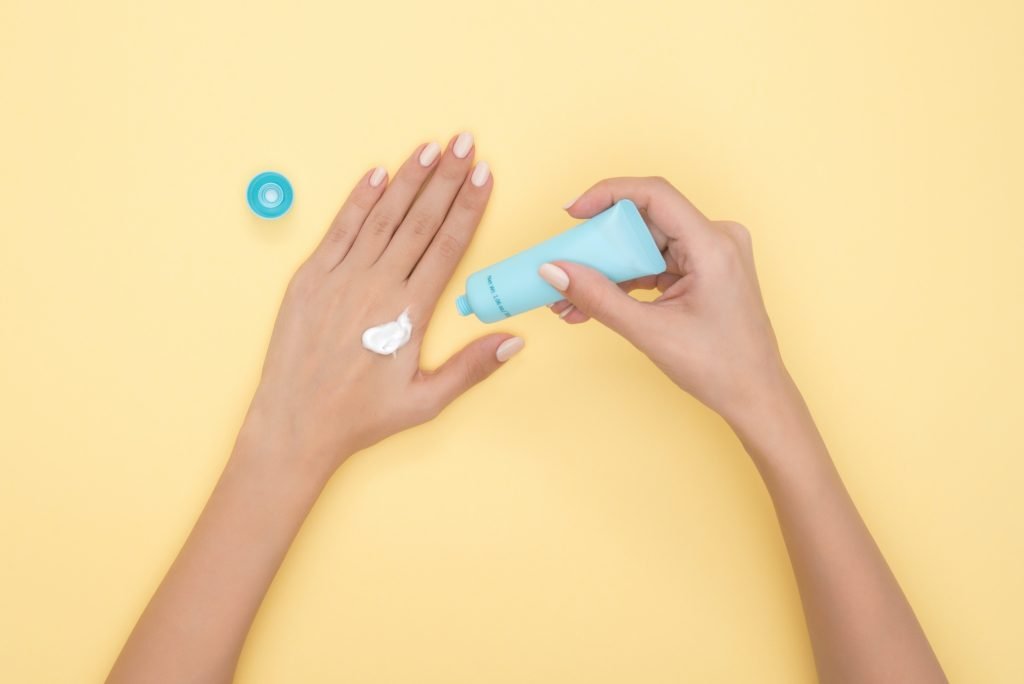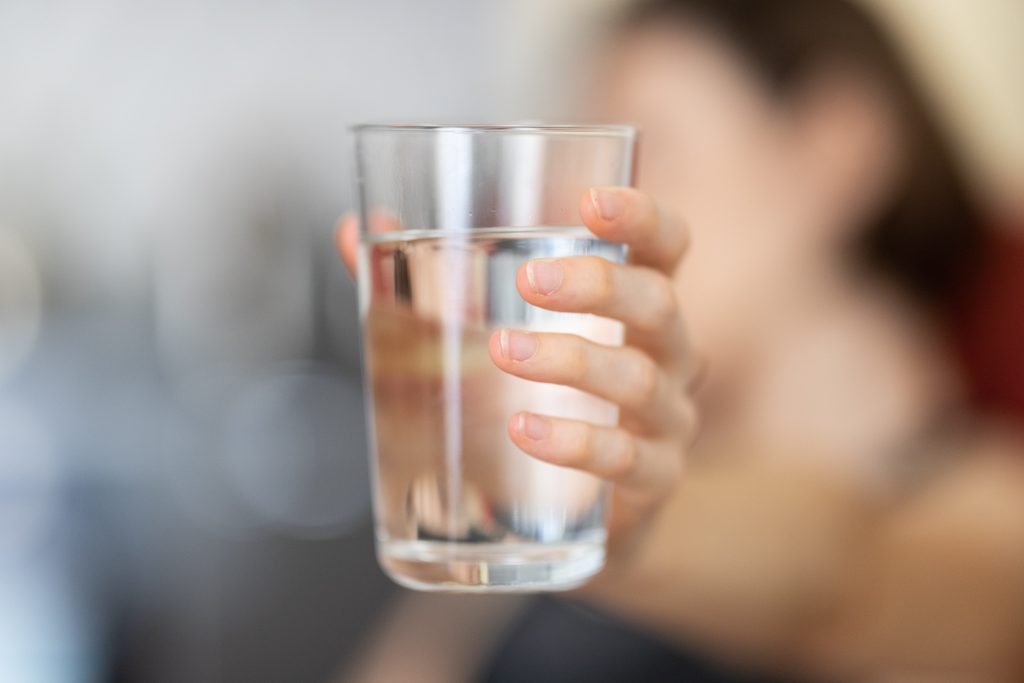How To Avoid Dehydration During Summer
“Water is the driving force of all nature.” — Leonardo da Vinci
For most of us, summer is the most coveted and enjoyed time of the year. If you live in a place that gets very hot and sunny during the summer months, then outdoor activities become an everyday occurrence with socially active times from picnics in the park to trips to the beach to swimming in the pool and so much more!
Of course, summer is one of the most social and fun seasons but something that we all need to be aware of is just how much spending time in the hot weather can affect your body temperature and your hydration levels.

Dehydration is one of the leading health problems that befall millions of people all over the world during warm weather and summer heat. On a particularly hot day, you can go from being absolutely fine to suffering severe dehydration and heat stroke in a matter of hours or less. Though dehydration is something that tends to affect older adults in worse ways, people of all ages still need to be aware of their water intake and make sure that they are drinking enough water and enough fluids in general over the course of a hot summer’s day.
Let’s take a look at some of the most common causes and symptoms of dehydration, followed by a list of tips that will help you to avoid suffering from it in your own life this summer.
What Is Dehydration?
Water is the substance that fuels all of our body’s basic functions, and it makes up 60% of our total mass. When we sweat profusely, fluid leaves the body faster than it is replaced, which is when dehydration occurs. Without sufficient fluid, your body cannot perform its functions efficiently.
The wider issue is that not only are you losing water when sweating, but you are also losing electrolytes. These are also called salts and are generally sodium, potassium, and calcium. These electrolytes are vital in many key bodily functions.

It is important to note that dehydration can happen at any time of the year, but it is obviously most common during summer when the average temperatures are much higher and we sweat more. Children and older adults are the most susceptible to falling ill from dehydration.
What Are The Signs Of Dehydration?
Dehydration is a condition that can manifest in a number of different ways. Some of the most common include:
- Dizziness
- Lightheadedness
- Dry mouth
- Dry eyes and lips
- Headaches
- Fatigue
These are all symptoms of mild dehydration and they are your body’s way of warning you that you need to drink water. Immediate rehydration to replenish your body fluids is necessary.
- Skin feels hot
- You will stop sweating
- Passing out
- Hallucinations
- Seizures
These are more serious symptoms of a severe form of dehydration that is also known as heat stroke. If you or anyone you are with begins to suffer any of these symptoms, then you need to get them indoors and make them lie down with ice packs and damp cloths to bring down their internal temperature as well as get them to drink water immediately.
If a person should slip into unconsciousness or experience seizures, the best thing to do is contact a healthcare professional immediately, maybe even call for an ambulance.
Tips For Preventing Dehydration
So, now that you know what dehydration is and the symptoms to identify it as an issue, let’s concentrate on the ways in which you can prevent it/ Here are some of the best and most effective tips for staying hydrated throughout the heat of the summer.
- Drink Plenty Of Water!
This is perhaps the most obvious advice to give anyone, but you would be amazed by how many people don’t follow it! Daily recommended fluid intake levels will vary depending on things like a person’s age, sex, and whether they are pregnant or not, but in general, the average adult should aim to drink eight glasses of water per day.
Some people simply don’t enjoy drinking a glass of water so get into the habit of taking little sips from a water bottle over the course of the day. You will be surprised by how much you have ended up drinking by bedtime. A good sign of how hydrated or dehydrated you are is to look at the color of your urine. If it is dark, you still need plenty of fluids; if it is light or even clear, you have consumed a good amount of water.
- Understand The Symptoms
One of the best things that you can do is make sure that you understand and recognize all of the symptoms that we have listed above. Mild dehydration is something that can be treated and reversed in a short time if you can catch it quickly, so if you are out in the heat and feeling fatigued with a headache brewing, the best thing is to grab a sports drink.
A sports drink (rather than an energy drink) has good water content for a boost of hydration but also contains electrolytes (body salts) to replace those lost through sweating.
- Avoid Alcohol And Caffeine
It is important to remember that not all liquids are automatically good for rehydration. Some of the drinks that you need to avoid if you are experiencing symptoms of dehydration include:
- Coffee
- Beer
- Wine
- Hard liquor
- Full sugar sodas
All of these drinks are loaded with things like sugar, alcohol, sodium, and caffeine that work to remove water from your body tissues. If you know you are going to be outside in the sun for a long time, then always choose water or electrolyte sports drinks over everything else.
- Make The Effort To Cool Down
Rehydration isn’t just about drinking as much water as you can, it is also about bringing your body temperature back down to a healthy level. Some things that you can do in order to get cool and stay cool include wearing lightweight, loose-fitting clothing in light colors, refraining from excessive physical activities at the hottest times of the day, wearing a sun hat and sunscreen, and carrying a spray bottle filled with water so that you can spritz with if you become overheated.

- Eat Food That Has High Water Content
Although 80% of a person’s water intake comes from drinking, the other 20% comes from food. All fruits and vegetables contain a lot of water, with the best of the bunch being tomatoes, cucumbers, celery, cauliflower, radishes, peppers, watermelon, strawberries, spinach, grapefruit, and broccoli. Each of these foods contains 90% water or even higher. Consuming more foods with a high water content on hot days is a great way to top up your hydration without even thinking about it.
- Consider Infusing Water With Flavor
If you aren’t a frequent water drinker because you are put off by the taste (or lack of it), then something simple you can do to increase your intake is to infuse the water with natural, flavourful ingredients. You can buy special water bottles that enable you to add things like limes, lemons, berries, mint, oranges, cucumber, and more to your water in order to give it a more natural fruity flavor. You are still getting the maximum hydration but with added flavor!
If you want to drink water as squash or cordial rather than as an infused drink, just be sure to choose low sugar options.
7. Try Coconut Water
Coconut water should be seen as something of a miracle food when it comes to the hydration game. It is a mineral-rich beverage that is filled with potassium, sodium, calcium, and magnesium, all those important electrolytes that disappear in the heat. It’s also a tasty alternative to water.
8. Choose Water When Flying
Flying on an airplane is one of the most dehydrating experiences you can have, even more so if you are traveling in the summer! Low humidity on planes contributes to low hydration, and the nature of sitting in a cramped seat with people around you makes you less likely to drink freely. When the drinks cart comes around, the best thing to do is choose water and plenty of it. Any alcohol at all is going to dehydrate you when flying up at altitude.

The Takeaway
Always aim for optimum hydration. Medical science has stood behind the requirement for the average adult to drink eight glasses of water for decades and it is based on undeniable scientific fact. If you always carry a bottle of water with you, you should never worry about seeing the signs of dehydration.
If you are feeling any of the symptoms of dehydration that you may be worried about, contact Warner Plaza Urgent Care where we can help you with your symptoms. We serve immediate medical care for non-life-threatening conditions when your primary care doctor is not available. No appointment is needed!

